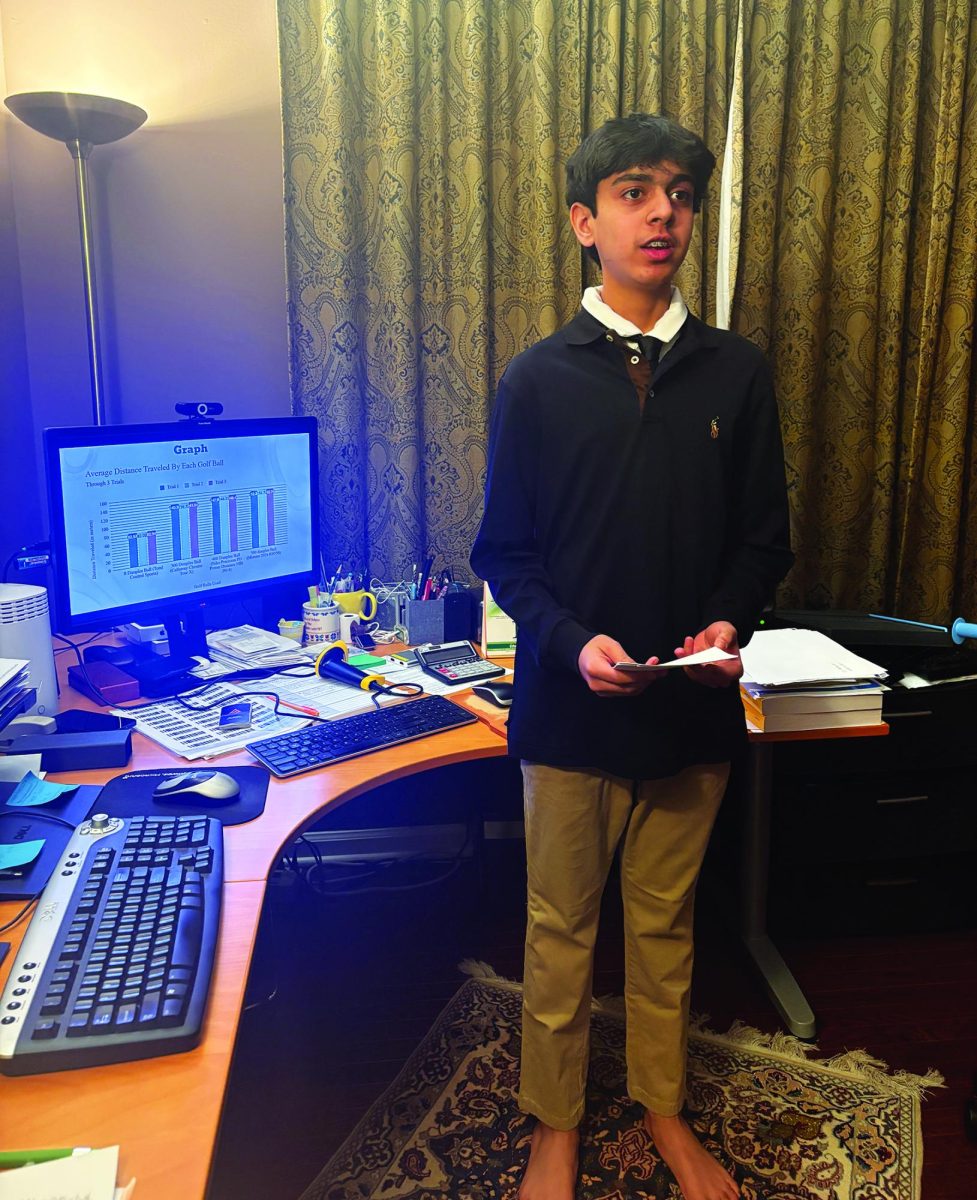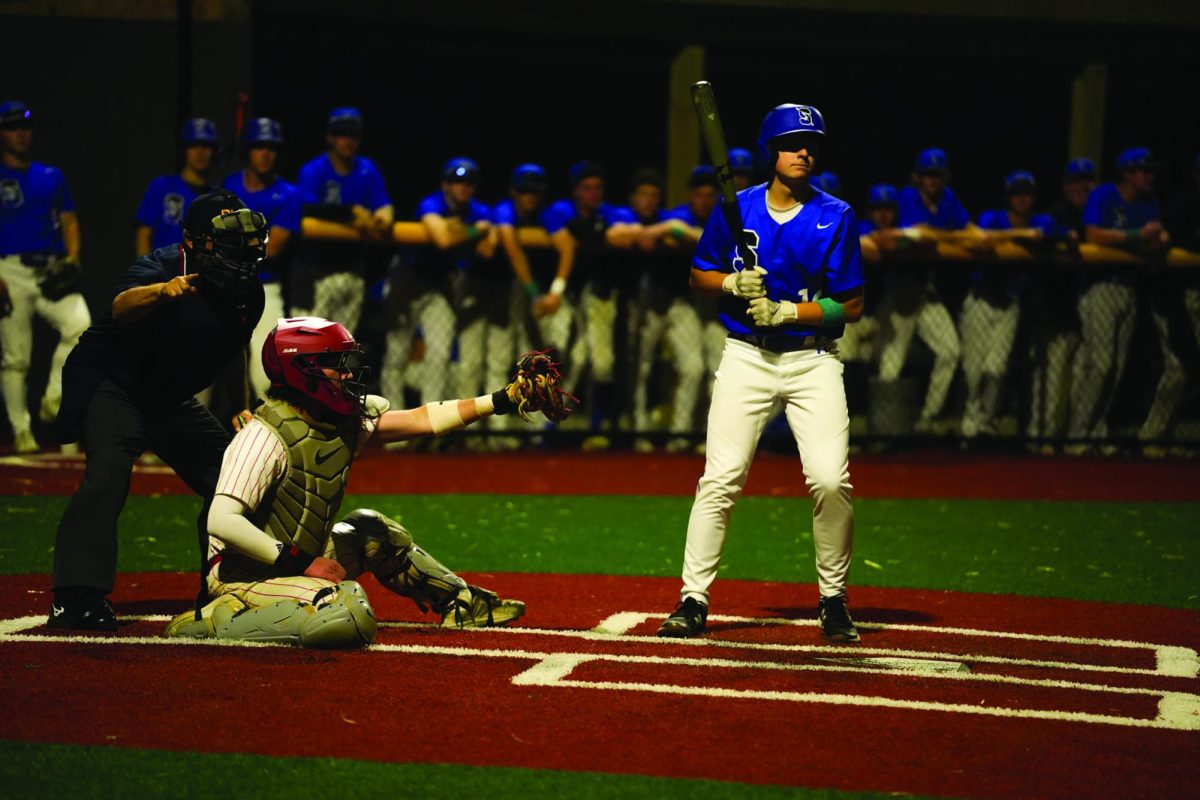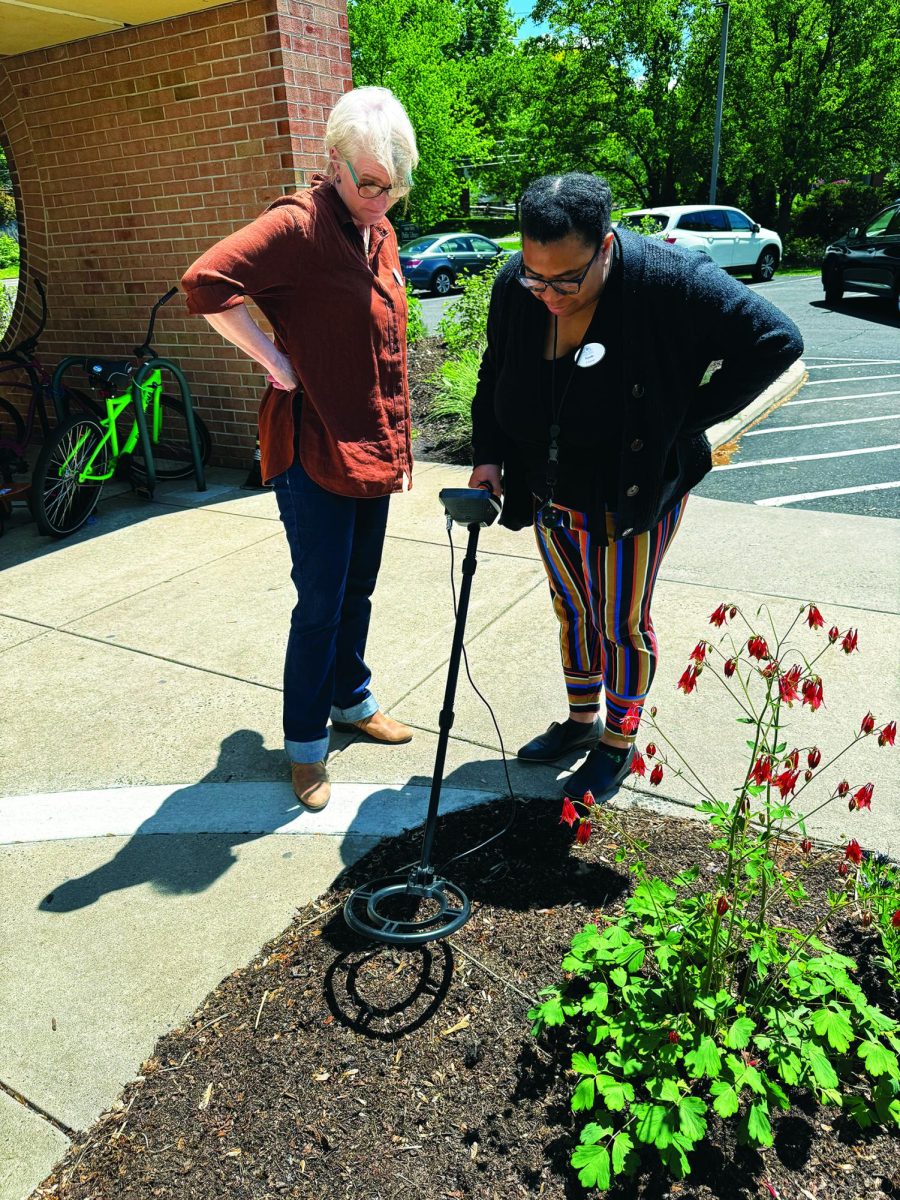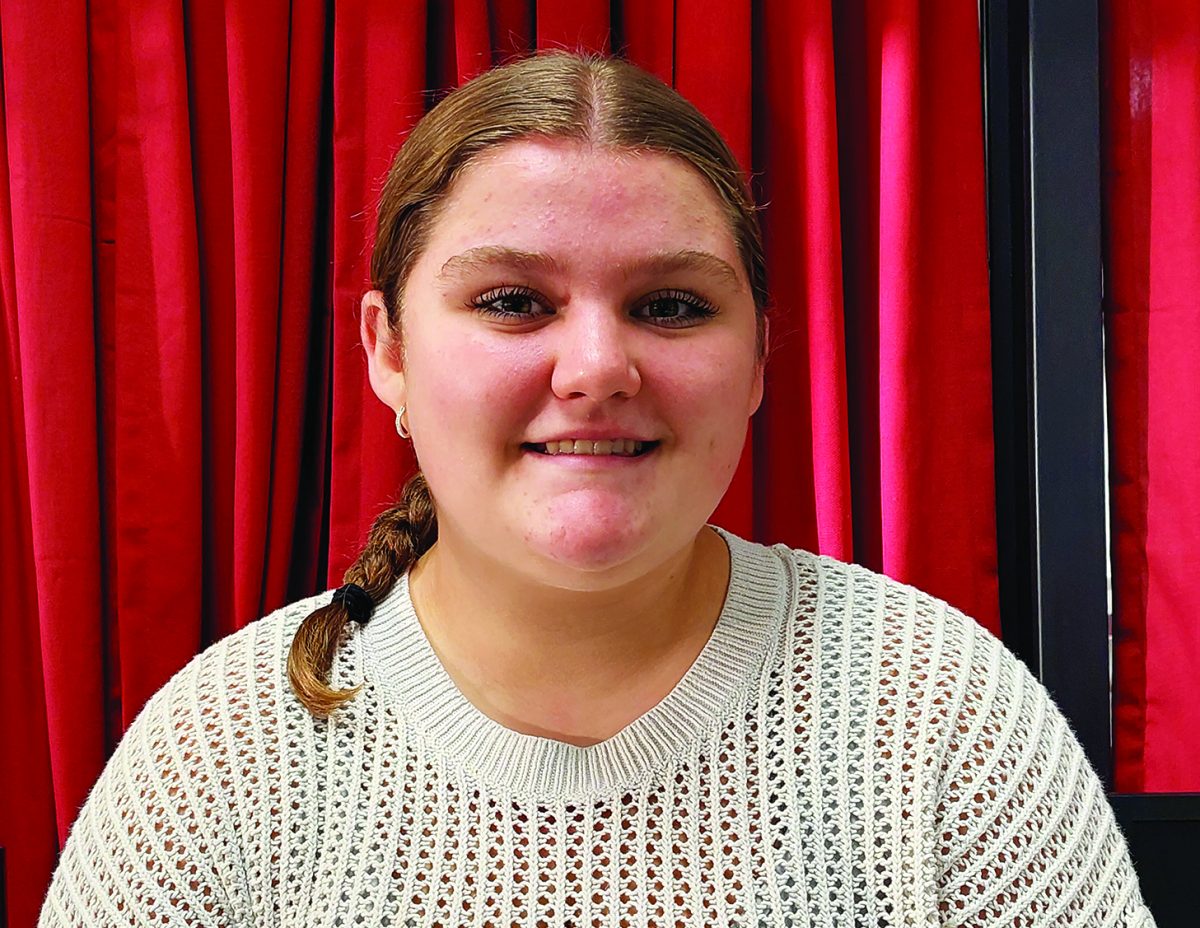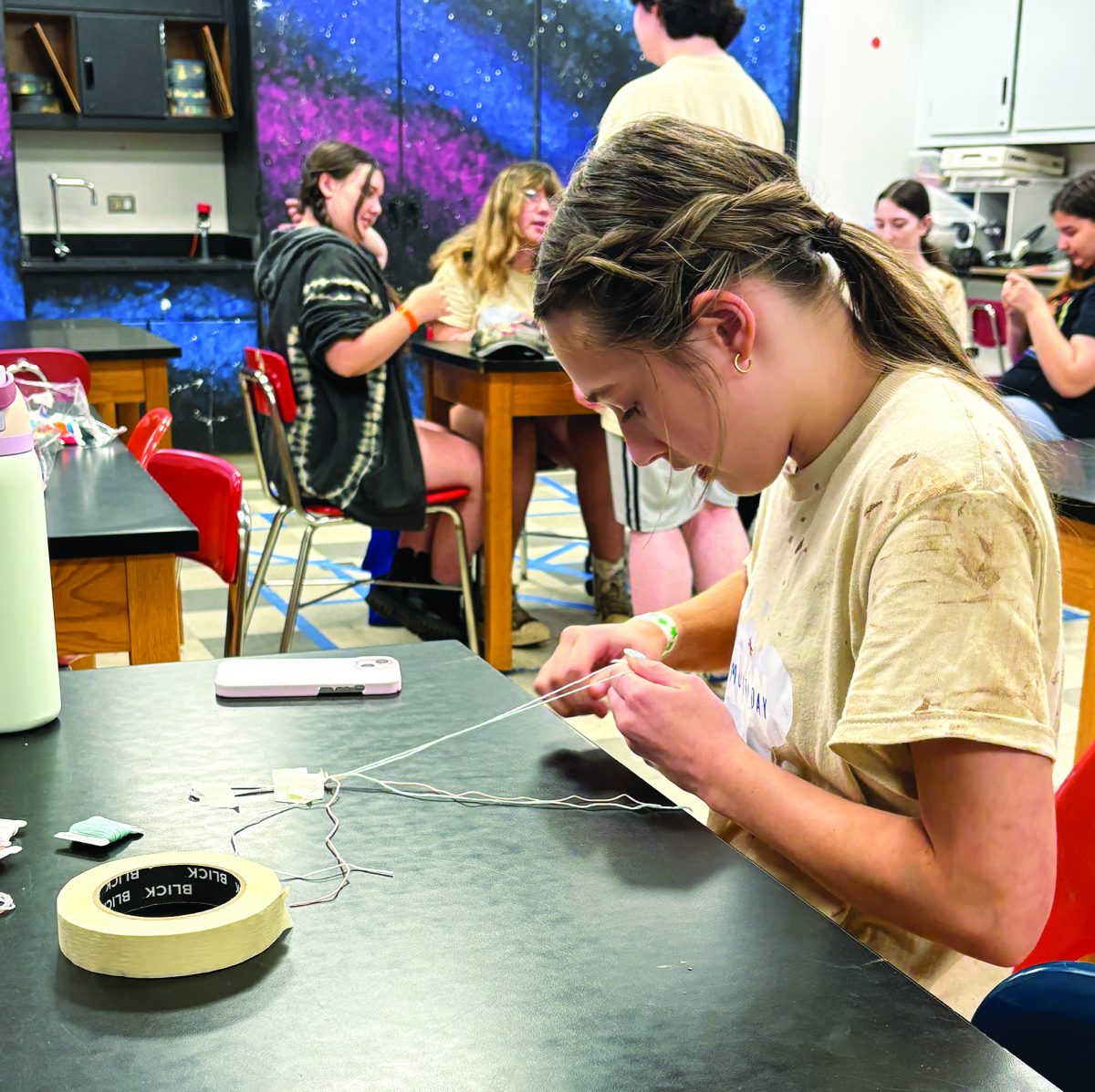By competing in the Pennsylvania Junior Academy of Science (PJAS) Science Fair on February 8, various students displayed their science skills and love for the subject with their presentations.
According to Science Fair advisor Karen Wolfe, the PJAS Science Fair is unlike a traditional fair and more similar to an “exposition,” because rather than competing against each other, students are judged against a rubric.
By achieving a certain score, students are awarded a first, second, third or participation award.
First-place winners are invited to participate in the state competition taking place May 18-20 at Penn State University.
This year, Souderton had 40 students compete in the competition, which, according to Wolfe, is the most Souderton has ever had. Of the 40, 25 students achieved first place and are moving on to states.
Six students achieved a first place and a perfect score award, a high honor that comes with a $40 check sponsored by Merck.
Many students began participating in the fair because of their love of science and continued competing year after year because they fell in love with the competition.
Sophomore Elizabeth Schindele has “always been really interested in science,” which led her to compete in the fair in her eighth-grade year.
She enjoyed the fair, which is why she continued to compete.
To ensure they have a good project, many students spend most of their time coming up with a topic and familiarizing themselves with it.
“I think that the hardest part of science fair is thinking of an idea,” junior Pranati Jammalamadaka said.
Freshman Selena Zhang agrees and feels the most time-consuming aspect of the science fair “is researching my project topic so that I am knowledgeable enough to not just design a good experiment, but also answer any judge’s questions during my presentations.”
For junior Elizabeth Hercek, she “spend[s] about a week researching potential topics.”
“[I start] around the end of August/beginning of September before picking one to work on for that year’s science fair project,” Hercek said.
Another thing that keeps students competing in the event is the long-term benefits that come from it.
According to Jammalamadaka, “it builds life skills” that are needed at some point in life.
“No matter what, in college or even in the real world, you’re going to have to present, you’re going to have to come up with an idea of your own, and you’re going to have to be able to research it and present it to people who probably know more about it than you do,” Jammalamadaka said.
According to Wolfe, a huge benefit from science fairs is the ability to learn to troubleshoot the problems that may arise.
Students showcase passion for science at PJAS
Diving into their interest in science, several students competed in the Pennsylvania Junior Academy of Science (PJAS) Science Fair. The fair took place at the high school on February 8.
Practicing for perfection…Running through his slideshow for the Pennsylvania Junior Academy of Science Science Fair, eighth-grader Adan Ahmad is hoping to achieve first place.
0
More to Discover
About the Contributor
Aimal Ahmad, Staff Writer

